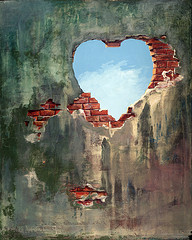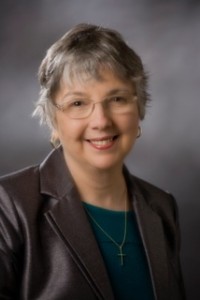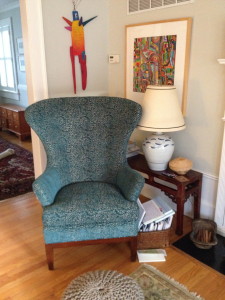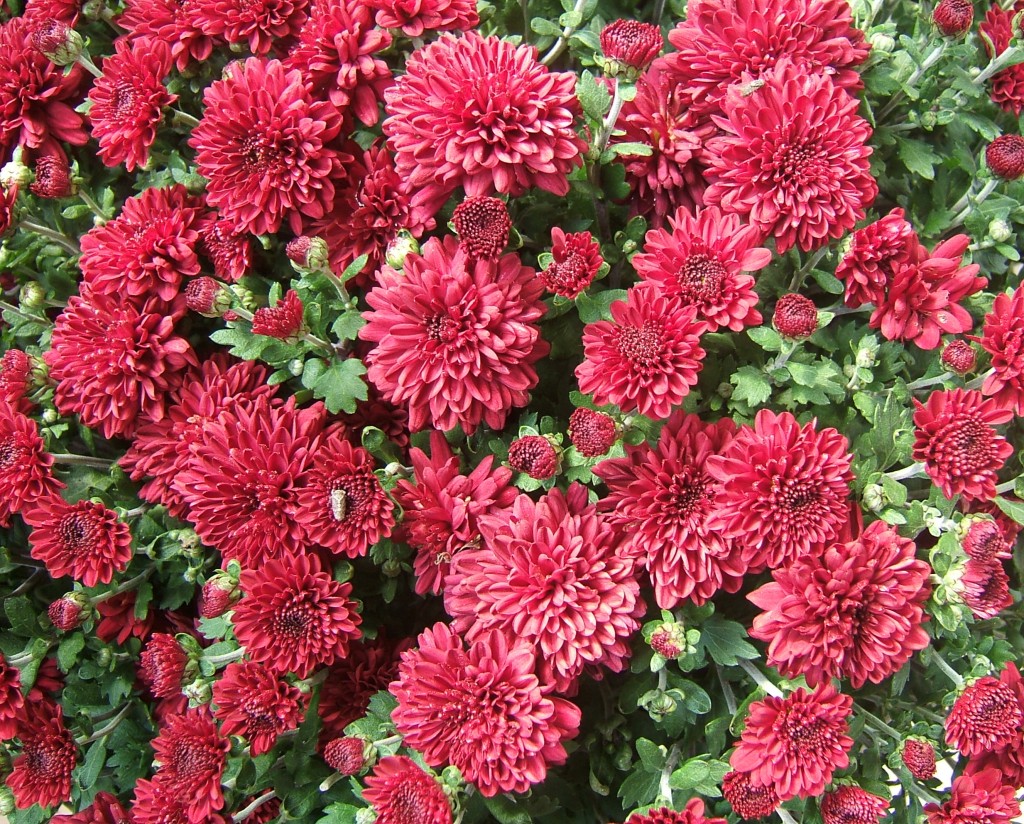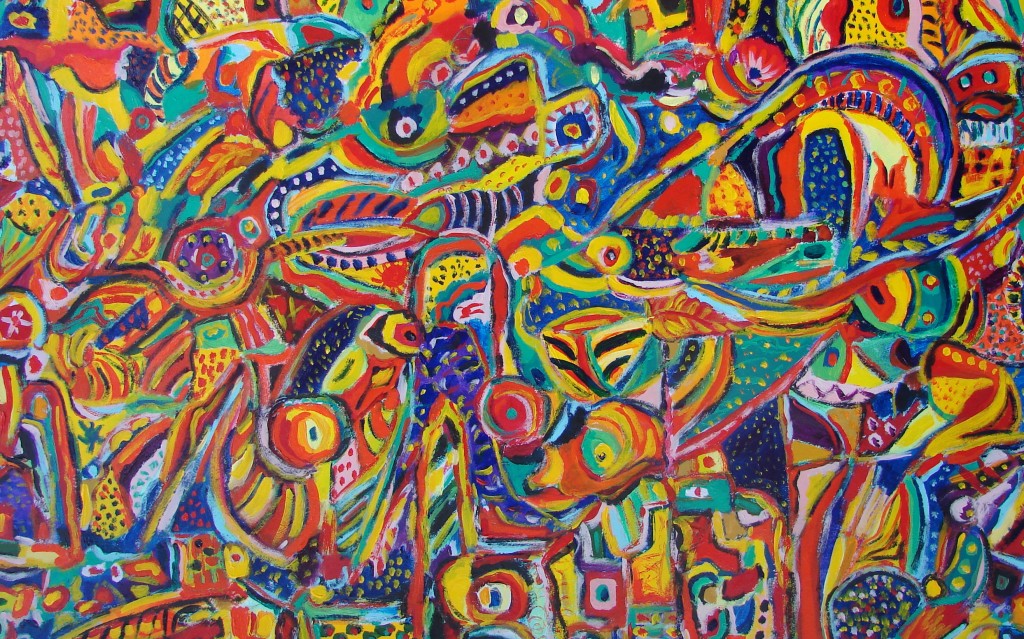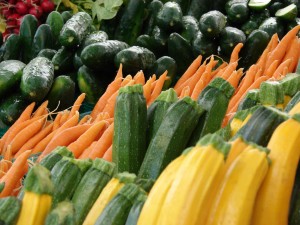This week I’m honored to welcome, Kathy Pooler, my very first guest blogger. Her upcoming memoir, will be published next month. I’ve enjoyed reading Kathy’s blog posts for over a year and when I discovered that she was writing a memoir about abusive relationships, I wanted to get to know her better. Abuse is also an important topic for me as well. Last month I got to read her final draft, an uplifting story about emotional, domestic abuse and the two failed marriages she left behind.
A huge problem in our society today, domestic violence, both physical and psychological, destroys lives and families all around us, every day. Many women, and men, too, stay with their abusers, afraid to leave them, believing that he or she will mend their ways and become the dream spouse they thought they had married.
Kathy’s courageous story is about her journey through hell and back in order to protect her children and herself. She transforms from a submissive, naive young woman, into a mature, take-charge adult, willing to take risks in order to become the confident and loving wife and mother she is today. It’s filled with lessons for those among us who find themselves in similar relationships.
Do keep an eye out for Kathy’s book next month. You won’t be disappointed.
***
Only when we are brave enough to explore the darkness will we discover the infinite power of our light.” ― Brené Brown
How do you write about pain that was so deep, you don’t even remember how you felt?
You blocked it, buried it, stored it away for another time, then went about the business of your life. Going through the motions, Doing the best you could . Trying not to think about it.
Too. Darn. Painful.
That was me at age thirty with two small children, knowing I had to leave their father. And again at age forty when I had to flee in broad daylight with my children from a second marriage for fear of physical abuse. I had no choice. It was a matter of survival.
For years, I lived with guilt and shame when I faced the reality that my choices led to two emotionally abusive marriages and years of turmoil for myself and my two children. That shame hung around me like an uninvited guest who taunted and harrassed. I journaled my way through it, went to counseling sessions, prayed, cried, shared with friends, but all of that did not change the fact that I could not un-do the damage that had been done. I lingered in a sea of self-doubt, confusion, regret that was too painful to confront head-on.
In my upcoming memoir Ever Faithful to His Lead: My Journey Away From Emotional Abuse, I expose my vulnerabilities and flaws in order to find the answers to the question that plagued me for years:
How does a young woman from a loving Catholic family make so many wise decisions about career, yet so many poor decisions about love that she ends up escaping with her two children from her second husband for fear of physical abuse?
In order to write this story, I had to revisit the past I kept hiding from. I had to dig deeply and keep digging. In doing so I had to be willing to look at my mistakes and failures.
I had to allow myself to be vulnerable.
None of this was easy or painless. Many times, I put the story aside to give myself some breathing room.
When I was in the midst of the writing, I didn’t even know what my story was. I just kept writing whatever came to mind.
I began searching. I looked for pictures from the mid-70s of a young father reading to his children who were nestled in his lap. I listened to 1970s music. “Jeremiah was a bullfrog, from Joy to the World took me back to the night we were engaged. Happy faces. Hopes. Dreams.
The marriage that couldn’t be started with the same hopes and dreams of any twenty-something couple in the 1970s then took a turn down an unfamiliar road, a point of no return. And again, in the 1980s when a second chance marriage at the age of thirty-nine left me fighting for my life.
Through the vulnerability—the raw, searing pain of self-discovery—I slowly began to feel compassion for the young woman who tried so hard to have a loving relationship and provide her children with a stable home.
Writing helped me to heal. After a while, I began to experience compassion and a spirit of forgiveness toward the men I chose to marry.
I embraced my inner strength and developed insights into my motivations and decisions.
I forgave myself.
The guilt and shame melted away as I realized I acted in good faith. In writing Ever Faith ful to His Lead, I discovered that I had become a stronger person as a result of all I had endured and it has left me feeling transformed and empowered.
Vulnerability is not a weakness. It took courage and perseverance to break down the tight shell I had created around myself to protect myself from the truth.
“And the day came when the risk to remain tight in a bud was more painful that the risk it took to blossom” Anais Nin
I had to face the darkness before I could see the light.
In writing my memoir, I have let the pain go with a spirit of forgiveness, compassion and understanding. Ever Faithful to His Lead provides a message of hope, resilience and courage that I want to share with those who need it the most—women who need to claim and honor their own strength within to find freedom from abuse.
Vulnerability has been a gift that has allowed me to heal and share a healing message.
***
Kathleen Pooler is a writer and a retired Family Nurse Practitioner whose memoir, Ever Faithful to His Lead: My Journey Away From Emotional Abuse and work-in-progress sequel, Hope Matters: A Memoir are about how the power of hope through her faith in God helped her to transform, heal and transcend life’s obstacles and disappointments: domestic abuse, divorce, single parenting, loving and letting go of an alcoholic son, cancer and heart failure to live a life of joy and contentment. She believes that hope matters and that we are all strengthened and enlightened when we share our stories.
She lives with her husband Wayne in eastern New York.
She blogs weekly at her Memoir Writer’s Journey blog: http://krpooler.com
Twitter @kathypooler https://twitter.com/KathyPooler
LinkedIn: Kathleen Pooler: https://www.linkedin.com/pub/kathleen-pooler/16/a95/20a
Google+:Kathleen Pooler: https://plus.google.com/109860737182349547026/posts
Goodreads: https://www.goodreads.com/user/show/4812560-kathleen-pooler
Facebook:
Personal page,
Kathy Pooler : https://www.facebook.com/kathleen.pooler
Author page:
Kathleen Pooler/Memoir Writer’s Journey: https://www.facebook.com/memoirwritersjourney
Pinterest (http://www.pinterest.com/krpooler/)
One of her stories “The Stone on the Shore” is published in the anthology: “The Woman I’ve Become: 37 Women Share Their Journeys From Toxic Relationships to Self-Empowerment” by Pat LaPointe, 2012.
Another story: “Choices and Chances” is published in the “My Gutsy Story Anthology” by Sonia Marsh, September, 2013.
